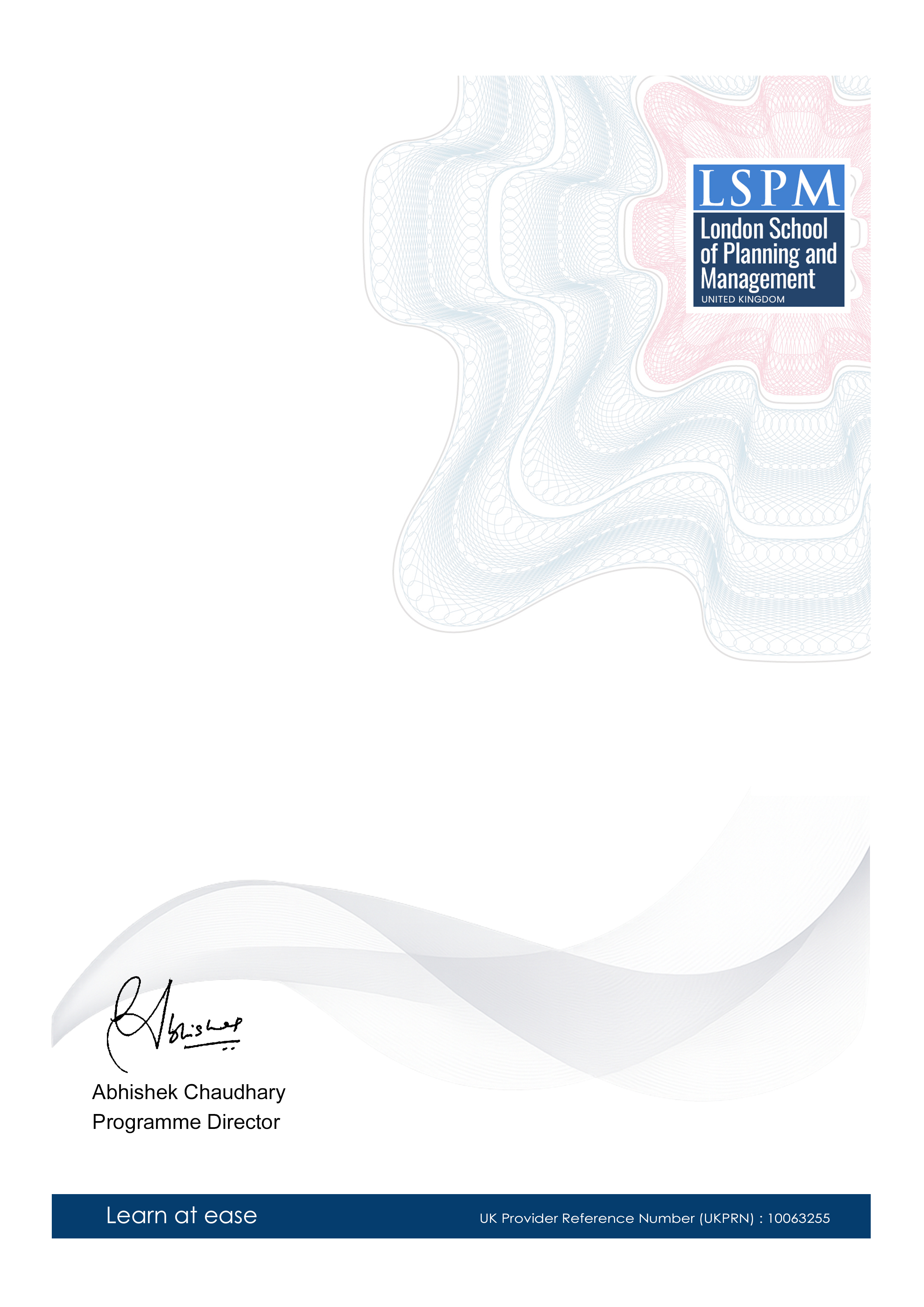Global Certificate Course in Fisheries Science Education
-- viewing nowThe Global Certificate Course in Fisheries Science Education is a comprehensive program designed to provide learners with the latest scientific knowledge and techniques in fisheries management. This course emphasizes the importance of sustainable fishing practices, conservation of aquatic resources, and the role of fisheries in global food security.
4,106+
Students enrolled
GBP £ 149
GBP £ 215
Save 44% with our special offer
About this course
100% online
Learn from anywhere
Shareable certificate
Add to your LinkedIn profile
2 months to complete
at 2-3 hours a week
Start anytime
No waiting period
Course details
• Fisheries Management
• Fish Biology and Ecology
• Aquaculture and Fish Farming
• Fisheries Science Research Methods
• Global Fisheries Policy and Governance
• Fish Population Dynamics and Assessment
• Fish Health and Disease Management
• Post-Harvest Fish Technology and Marketing
• Marine Environment and Conservation
• Statistical Analysis and Data Interpretation in Fisheries Science
Career path
Entry requirements
- Basic understanding of the subject matter
- Proficiency in English language
- Computer and internet access
- Basic computer skills
- Dedication to complete the course
No prior formal qualifications required. Course designed for accessibility.
Course status
This course provides practical knowledge and skills for professional development. It is:
- Not accredited by a recognized body
- Not regulated by an authorized institution
- Complementary to formal qualifications
You'll receive a certificate of completion upon successfully finishing the course.
Why people choose us for their career
Loading reviews...
Frequently Asked Questions
Course fee
- 3-4 hours per week
- Early certificate delivery
- Open enrollment - start anytime
- 2-3 hours per week
- Regular certificate delivery
- Open enrollment - start anytime
- Full course access
- Digital certificate
- Course materials
Get course information
Earn a career certificate

